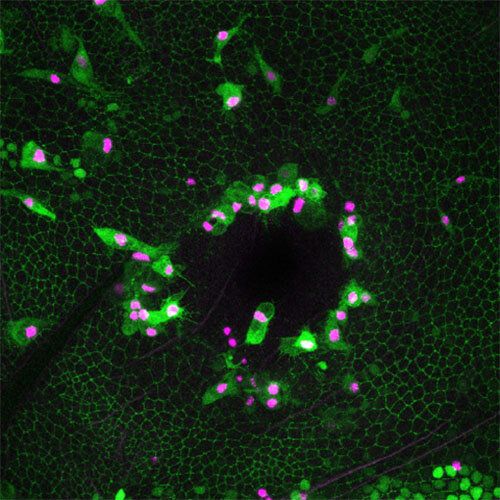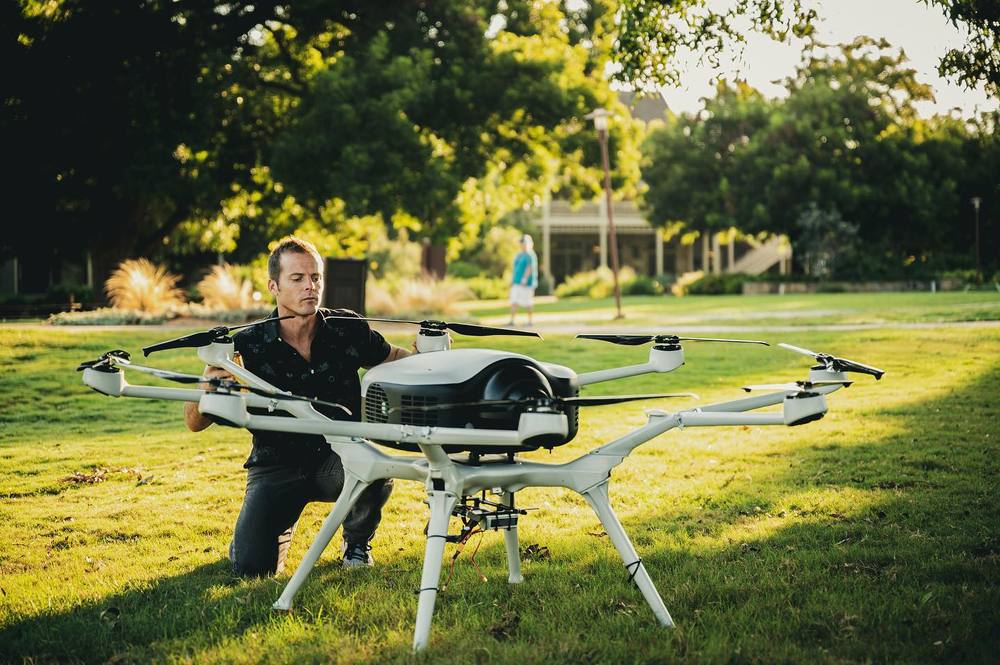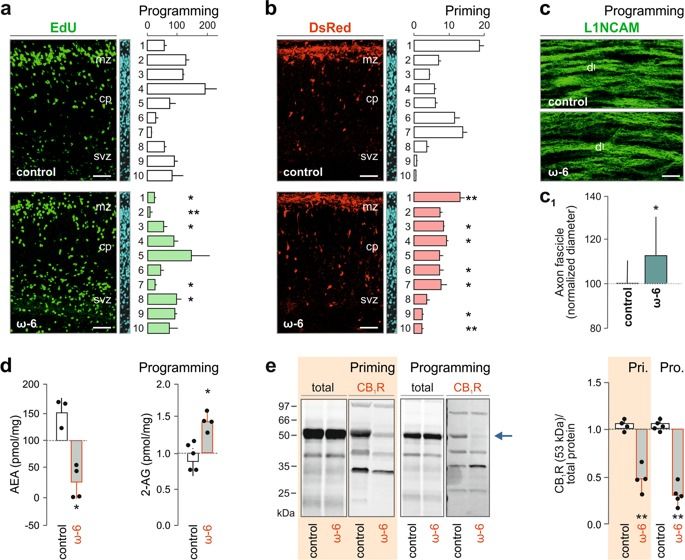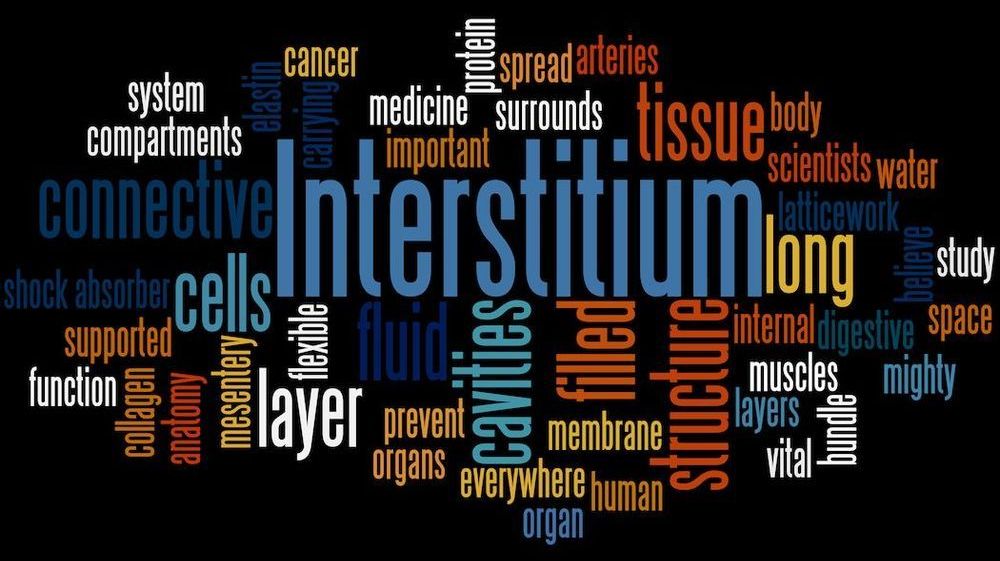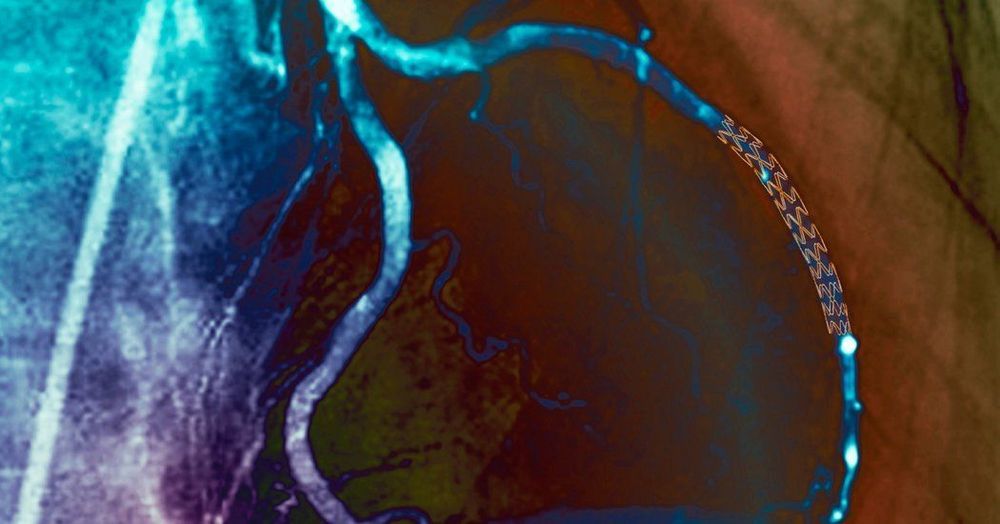Scientists have discovered a way to manipulate the body’s own immune response to boost tissue repair. The findings, published in Current Biology today, reveal a new network of protective factors to shield cells against damage. This discovery, made by University of Bristol researchers, could significantly benefit patients undergoing surgery by speeding recovery times and lowering the risk of complication.
When a tissue is damaged, (either accidentally or through surgery), the body quickly recruits immune cells to the injury site where they fight infection by engulfing and killing invading pathogens, through the release of toxic factors (such as unstable molecules containing oxygen known as “reactive oxygen species” e.g. peroxides). However, these bactericidal products are also highly toxic to the host tissue and can disrupt the repair process. To counteract these harmful effects the repairing tissue activates powerful protective machinery to “shield” itself from the damage.
Now, researchers from Bristol’s School of Biochemistry studying tissue repair, have mapped the exact identities of these protective pathways and identified how to stimulate this process in naïve tissues.
